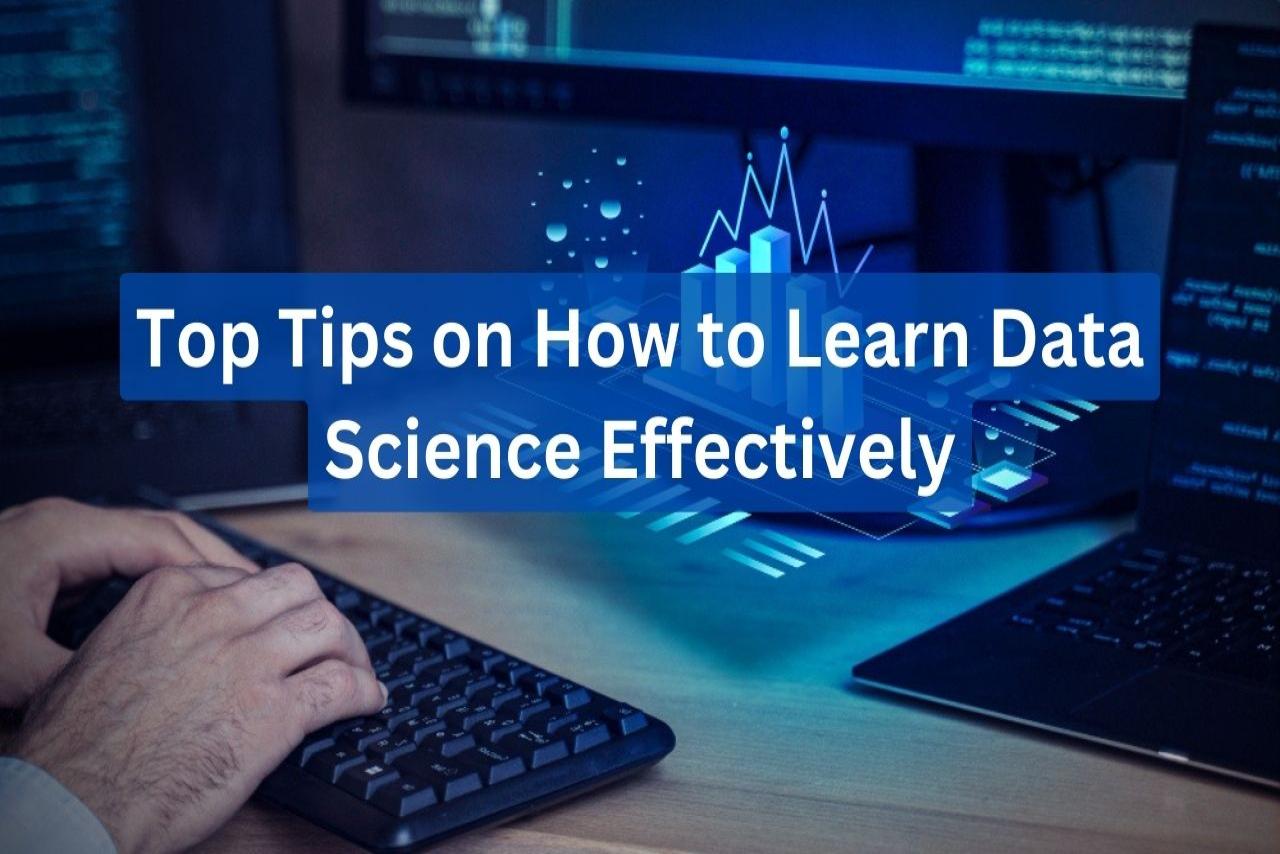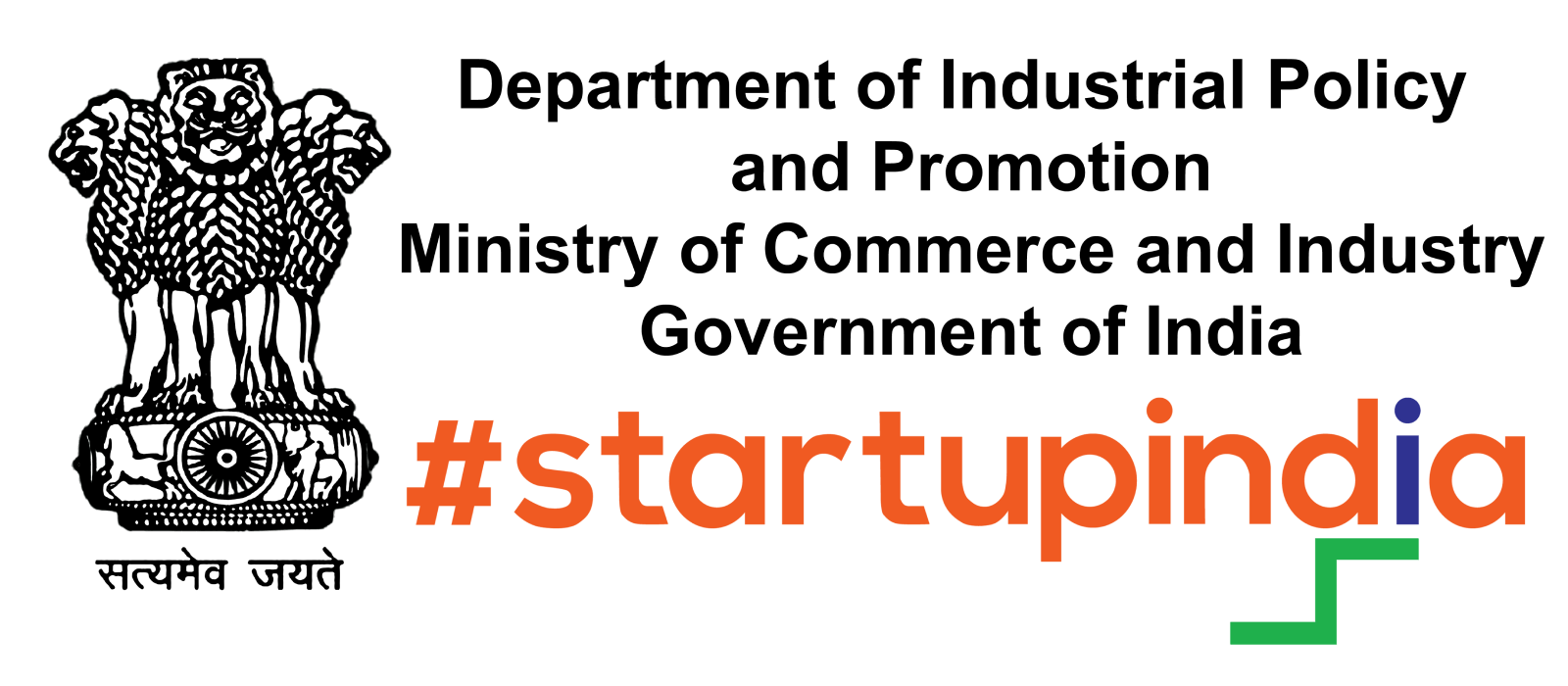In the fast-paced realm of technology, data science has emerged as a powerhouse, driving insights and innovation across industries. Whether you're a novice or seeking to refine your skills, embarking on the journey to learn data science effectively requires strategic planning and the right resources. In this comprehensive guide, we'll uncover top tips to help you navigate the intricate landscape of data science and embark on a journey of continuous learning and mastery.
Understanding the Data Science Landscape
Before diving into the learning tips, let's paint a broad picture of what data science entails. At its core, data science involves extracting valuable insights and knowledge from raw data through a combination of statistical analysis, machine learning, and domain expertise. The multidisciplinary nature of data science makes it an exciting yet challenging field to master.
Tip 1: Define Your Learning Goals
The first step on your data science learning journey is to define clear and achievable goals. Are you aiming to transition to a data science career, enhance your current skills, or simply satisfy your curiosity? Setting specific, measurable, and realistic goals will guide your learning path and help you stay focused.
Tip 2: Build a Solid Foundation in Mathematics and Statistics
Mathematics is the language of data science. Ensure you have a strong foundation in fundamental mathematical concepts, including linear algebra, calculus, and statistics. A solid understanding of these principles will empower you to grasp the algorithms and models used in data science applications.
Tip 3: Learn a Programming Language (e.g., Python or R)
Proficiency in a programming language is a non-negotiable skill for any aspiring data scientist. Python and R are two of the most widely used languages in the field. Choose one that aligns with your preferences and start learning the basics. Mastering a programming language will enable you to manipulate data, implement algorithms, and build models.
Tip 4: Immerse Yourself in Real-World Projects
Theoretical knowledge is essential, but real-world application solidifies your understanding. Engage in hands-on projects that mimic actual data science scenarios. Platforms like Kaggle offer datasets and competitions that allow you to apply your skills, learn from others, and receive valuable feedback.
Tip 5: Leverage Online Courses and MOOCs
The internet is a treasure trove of learning resources. Explore online courses and Massive Open Online Courses (MOOCs) offered by reputable platforms like Coursera, edX, and Udacity. Courses from institutions like Stanford and MIT provide in-depth insights into various data science topics, often taught by industry experts.
Tip 6: Join Data Science Communities
Learning is a social endeavor, and joining data science communities can enhance your experience. Platforms like Stack Overflow, Reddit (r/datascience), and LinkedIn groups provide forums for asking questions, sharing insights, and networking with fellow data enthusiasts and professionals.
Tip 7: Read Widely – Books, Blogs, and Research Papers
Stay informed about the latest trends, techniques, and research in data science by reading widely. Invest time in reputable books, follow influential data science blogs, and explore research papers. This habit not only broadens your knowledge base but also exposes you to diverse perspectives within the field.
Tip 8: Enroll in Formal Education Programs
Consider enrolling in formal education programs such as data science boot camps, master's degrees, or specialized certifications. These programs offer structured curricula, and mentorship, and often provide opportunities for networking and collaboration with industry professionals.
Tip 9: Practice Regularly and Embrace Challenges
Data science is a journey of continuous improvement. Embrace challenges, work on complex problems, and practice regularly. The more you immerse yourself in data-related tasks, the more comfortable and proficient you become. Challenge yourself with progressively difficult projects to stretch your skills.
Tip 10: Stay Updated with Industry Tools and Technologies
The data science landscape is dynamic, with new tools and technologies constantly emerging. Stay updated with the latest industry trends and incorporate relevant tools into your skill set. Familiarize yourself with popular frameworks, libraries, and tools such as TensorFlow, PyTorch, and scikit-learn.
Tip 11: Seek Feedback and Collaborate
Feedback is a powerful catalyst for growth. Seek constructive feedback on your projects and code. Collaborate with peers, join online study groups, and participate in hackathons. Engaging with others not only provides fresh perspectives but also fosters a collaborative spirit within the data science community.
Tip 12: Develop a Portfolio and Showcase Your Work
As you progress in your learning journey, build a portfolio showcasing your projects and achievements. A well-curated portfolio serves as a testament to your skills and allows potential employers or collaborators to assess your capabilities. Platforms like GitHub can host your code repositories and projects.
Conclusion: A Lifelong Learning Journey
In conclusion, learning data science is a dynamic and rewarding journey that requires dedication, curiosity, and a commitment to continuous learning. Embrace




